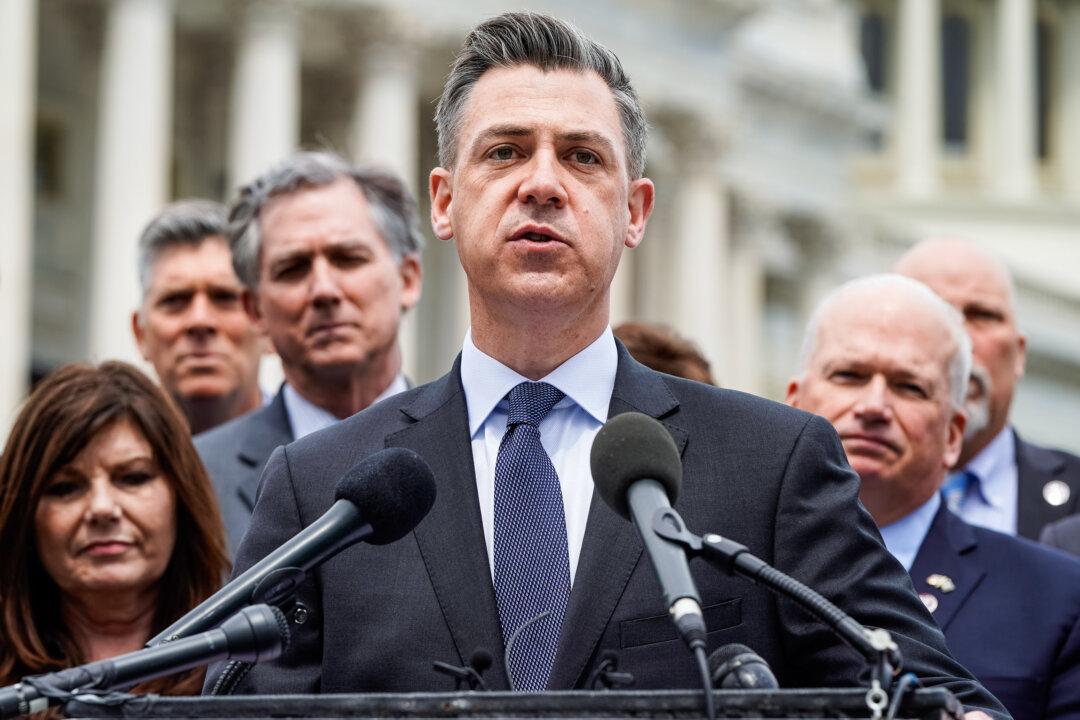Two Republicans have introduced bicameral legislation aimed at countering threats posed by the “United Front” system of the Chinese Communist Party (CCP).
Rep. Jim Banks (R-Ind.), a member of the House Select Committee on the CCP, and Sen. Tom Cotton (R-Ark.), who sits on the Senate Select Committee on Intelligence, introduced the “Countering China’s Political Warfare Act” on March 13.





